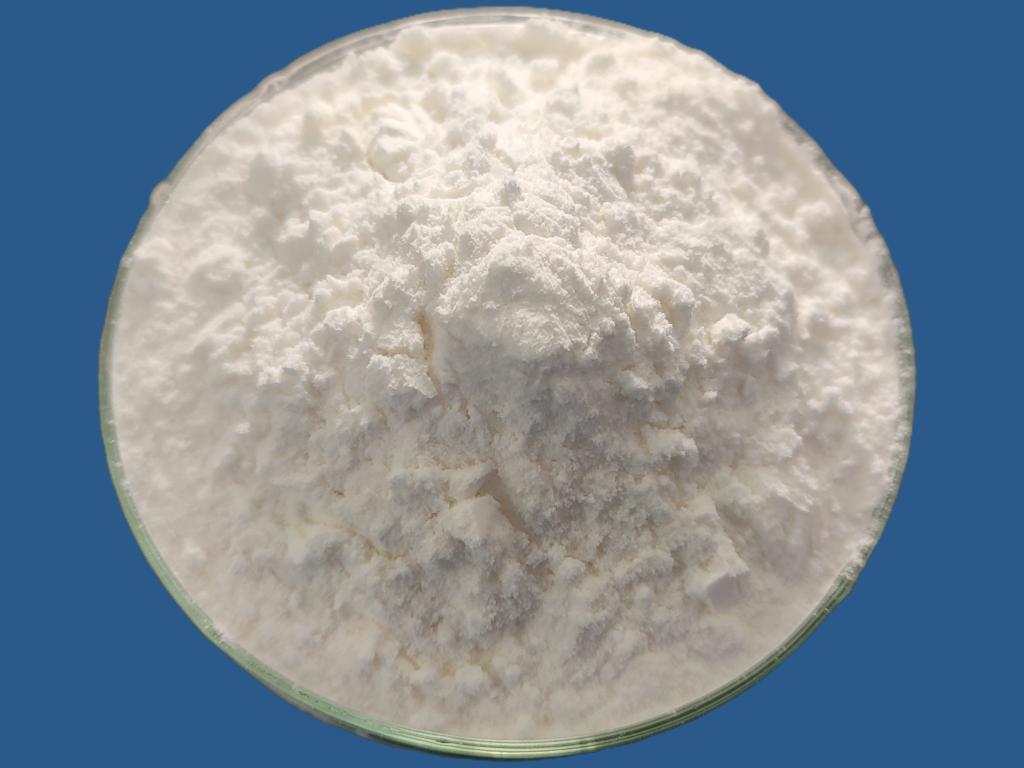Tel:+8618231198596

News
 CONTACT
CONTACT
 CONTACT
CONTACT
- Linkman:Linda Yao
- Tel: +8618231198596
- Email:linda.yao@dcpharma.cn
- Linkman:CHARLES.WANG
- Department:Overseas
- Tel: 0086 0311-85537378 0086 0311-85539701
News
ε-Polylysine Hydrochloride in Precision Horticulture: Nurturing Plants for Optimal Growth
TIME:2024-02-23
The Evolution of Precision Horticulture
1. Technological Advancements
Precision horticulture leverages advancements in technology such as sensors, drones, and data analytics to monitor and manage crop production with unprecedented precision. This approach allows farmers to tailor their interventions based on real-time information, optimizing resource use and minimizing environmental impact.
2. Sustainable Agriculture
As the demand for food continues to rise, there is a growing emphasis on sustainable agricultural practices. Precision horticulture aligns with this goal by promoting efficient resource utilization, reducing waste, and minimizing the use of synthetic inputs.
The Role of ε-Polylysine Hydrochloride in Precision Horticulture
1. Natural Antimicrobial Properties
Derived from the fermentation of Streptomyces albulus, ε-Polylysine hydrochloride possesses natural antimicrobial properties. Its ability to inhibit the growth of a wide range of microorganisms makes it a valuable tool for maintaining plant health in precision horticulture.
2. Mechanism of Action
ε-Polylysine hydrochloride acts by disrupting the cell membranes of microorganisms, leading to their inactivation. This targeted mechanism reduces the risk of developing resistance and provides a natural and effective means of controlling plant pathogens.
Applications of ε-Polylysine Hydrochloride in Precision Horticulture
1. Disease Management
Precision horticulture involves proactive disease management strategies. Incorporating ε-Polylysine hydrochloride into plant care routines can help prevent and control diseases caused by bacteria, fungi, and other pathogens, reducing the reliance on synthetic pesticides.
2. Enhanced Nutrient Uptake
The antimicrobial properties of ε-Polylysine hydrochloride extend to the root zone, where it can create a favorable environment for nutrient absorption. By preventing the proliferation of harmful soil-borne pathogens, it enhances the plant's ability to uptake essential nutrients.
3. Seed Treatment
Treating seeds with ε-Polylysine hydrochloride before planting can provide an early advantage in disease prevention. This application ensures that the emerging seedlings are protected from soil-borne pathogens, setting a robust foundation for optimal growth.
Benefits of ε-Polylysine Hydrochloride in Precision Horticulture
1. Reduced Environmental Impact
The natural origin of ε-Polylysine hydrochloride aligns with the principles of sustainable and environmentally friendly agriculture. Its targeted antimicrobial action reduces the need for broad-spectrum chemical treatments, minimizing the impact on beneficial microorganisms and the ecosystem.
2. Resistance Management
The risk of resistance development is a significant concern in agriculture. By utilizing ε-Polylysine hydrochloride, which acts through a unique mechanism, there is potential to manage resistance more effectively compared to traditional pesticides.
3. Improved Crop Quality
Plants treated with ε-Polylysine hydrochloride are likely to experience less stress from pathogen attacks, leading to improved overall crop quality. This can translate into better yields, higher market value, and increased profitability for farmers.
Case Studies: Successful Integration of ε-Polylysine Hydrochloride in Precision Horticulture
1. Tomato Cultivation
In precision horticulture practices focused on tomato cultivation, the use of ε-Polylysine hydrochloride has demonstrated positive results. Farms incorporating this natural antimicrobial have reported reduced incidences of bacterial and fungal diseases, contributing to higher yields and improved fruit quality.
2. Vineyard Management
Precision horticulture techniques are increasingly applied in vineyard management. Wineries adopting ε-Polylysine hydrochloride in their disease management protocols have observed healthier grapevines, leading to enhanced grape quality and, consequently, improved wine production.
Challenges and Considerations
1. Application Methods
Determining the most effective and practical methods of applying ε-Polylysine hydrochloride in precision horticulture requires careful consideration. This includes exploring foliar sprays, soil drenches, seed coatings, and other application techniques to maximize its benefits.
2. Cost-Benefit Analysis
Farmers need to weigh the costs of incorporating ε-Polylysine hydrochloride into their precision horticulture practices against the potential benefits, including improved crop yields, reduced disease management expenses, and enhanced sustainability.
3. Farmer Education
Successful adoption of ε-Polylysine hydrochloride in precision horticulture depends on farmer education and training. Providing information about its mode of action, application methods, and potential benefits can empower farmers to integrate this natural antimicrobial into their practices effectively.
Future Directions and Research Needs
1. Crop-Specific Research
Conducting crop-specific research is essential to understand the nuances of integrating ε-Polylysine hydrochloride into different horticultural systems. This involves investigating its efficacy, optimal concentrations, and application timing for specific crops.
2. Impact on Soil Microbiome
Assessing the impact of ε-Polylysine hydrochloride on the soil microbiome is a critical area of research. Understanding its influence on beneficial microorganisms, soil structure, and overall microbial diversity is essential for sustainable precision horticulture practices.
3. Integration with Other Technologies
Exploring the integration of ε-Polylysine hydrochloride with other precision horticulture technologies, such as sensor-based irrigation and automated monitoring systems, can enhance the overall efficiency and effectiveness of agricultural management.
Conclusion
ε-Polylysine hydrochloride emerges as a promising ally in the realm of precision horticulture, offering a natural and sustainable solution for disease management and plant health optimization. As agriculture continues to evolve towards more sustainable and technology-driven practices, the integration of ε-Polylysine hydrochloride represents a step forward in achieving these goals. Through ongoing research, farmer education, and collaborative efforts, ε-Polylysine hydrochloride has the potential to become a staple in precision horticulture, contributing to the cultivation of healthier crops, reduced environmental impact, and increased agricultural sustainability.
- Tel:+8618231198596
- Whatsapp:18231198596
- Chat With Skype







